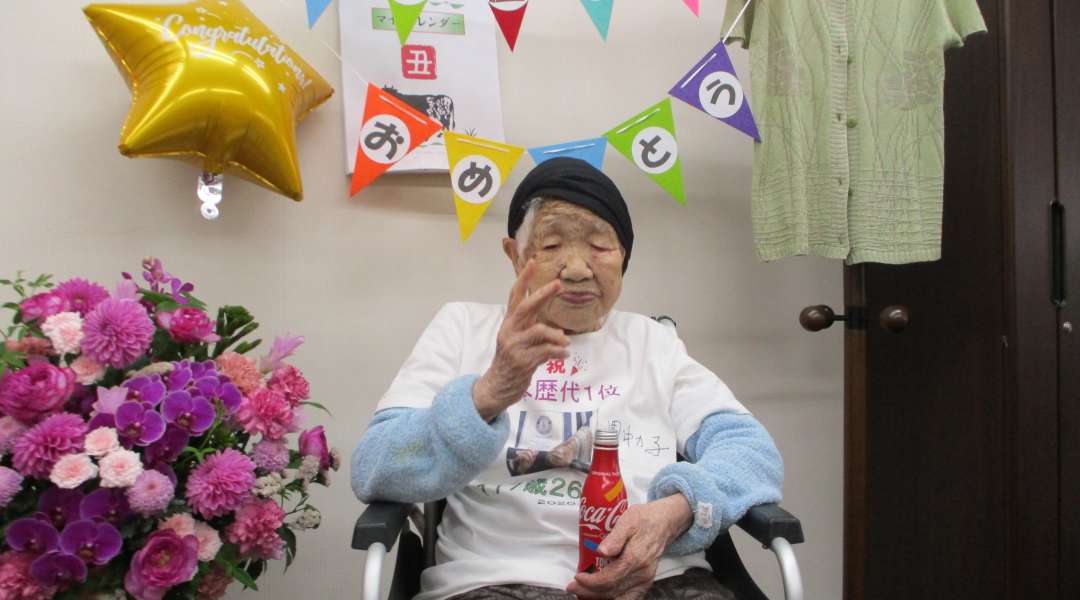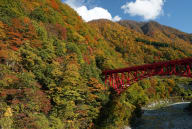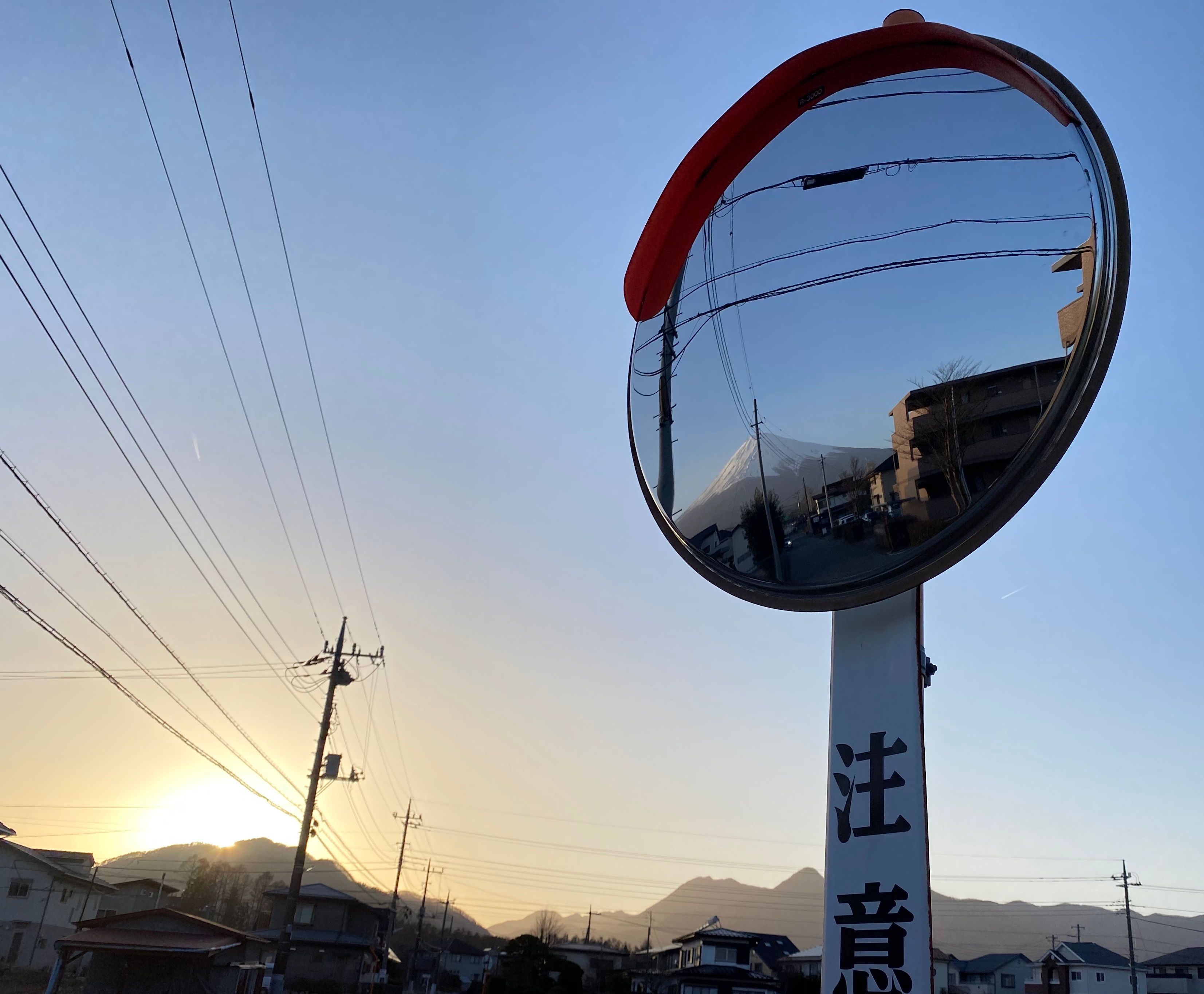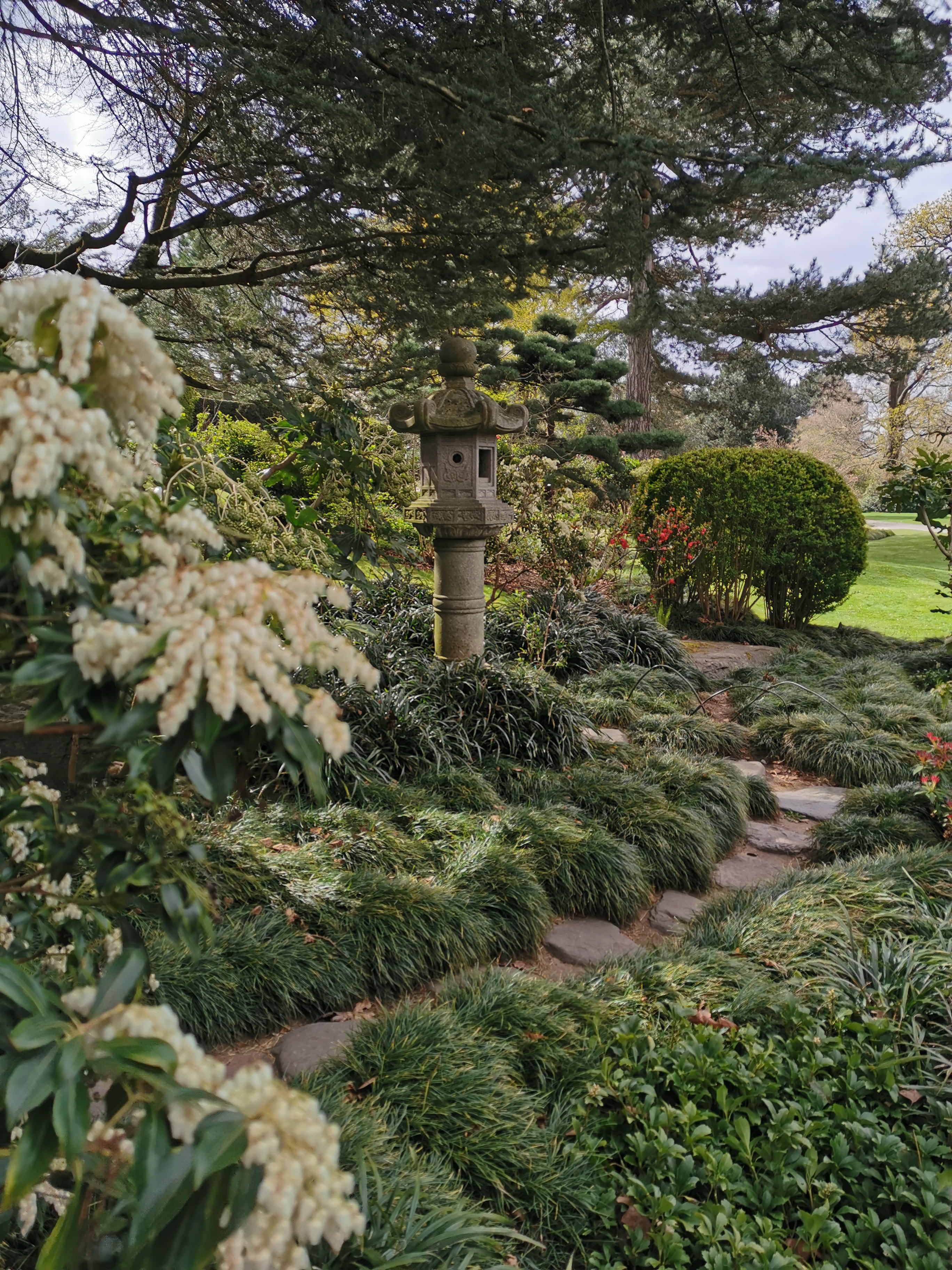
Japan historically is known as being one of the nations in the world with the longest average life span (beaten only by Hong Kong), with the Okinawan lifestyle often thought as the reason that Okinawans are 40% more likely to be centenarians (over 100) and the nature and bracing countryside of Nagano to be the reason that the region has the longest average life expectancy of all the regions in Japan.
As it turns out, there are centenarians, and then there are SUPER centenarians (people over 110), like Tanaka Kane, who holds the current world record.
In a recent press conference, she responded to the question ‘what has been the best moment in your life?’ with the answer ‘it’s now’.
We spoke to her and her family and found out a little bit more about the living legend.
Hi Kane-san, thank you very much for taking the time to chat to us today. Would you be able to give us a quick self-introduction for our readers?
Hello, my name is Kane Tanaka and I am 117 years old. I was born on the 2nd January 1903 in the Higashi district of Fukuoka city in Fukuoka prefecture and I’ve been living here ever since.
I was running a rice business up until the age of 102 when my husband passed away and since then I’ve been living in the Good Time Home Umi no Nakamichi, in Fukuoka.
When I was 103, I had to undergo treatment for cancer for the second time (the first time was when I was 46), but I managed to beat it both times.
My favourite things are fizzy drinks (especially Coca Cola), but also coffee and chocolate.
There isn’t actually really anything I don’t like.

You turned 117 this year, becoming the Guiness World Record holder as the oldest living person in the world. Then, on the 19th September this year, you turned 117 years and 261 days old, making you the oldest person in Japanese history.
Congratulations! What do you think the secret is to long life?
I think the secret to long life is to do the things that you like.
Eating the things I like, doing the things I like, I’ve been able to enjoy each and every day.
In recent years, there has been a fascination with the Japanese concept of ‘ikigai’ in the West, as a way of bettering your life, and the movement has also produced and sold books. What is your ‘ikigai’?
I would say talking to lots of the people. For me personally, it’s also playing Othello, the board game, and doing maths puzzles.

When we say ‘longevity’ or ‘live long’, we automatically think of exercise and healthy eating, but what are the things that you, as the oldest living person in the world, can’t resist?
That would be fizzy drinks, coffee and chocolate for me!
[We, at Visit Japan/JNTO, can relate...]
This month we’ve been talking about the word ‘fuubutsushi’ meaning ‘the little things that signal the changing of the seasons’. As we’re solidly in autumn now, we’d love to know what your autumn ‘fuubutsushi’ is.
When I think of autumn, I always think of ‘Keirou no hi’ or Respect for the Aged Day – a national holiday that takes place every year on September 15th.
It’s a day when everyone comes together to celebrate people like me so I look forward to it very much.

The global pandemic is still a major issue in the world right now but have there been any changes for you? Is there somewhere you’d love to go, once this is all over?
It’s become quite difficult for me to meet my family in person which is tough, and I’m also no longer able to meet all the various people who would come to interview me.
But I have some relatives in the US, so I’d like to go there. I went once and it was fun so I’d love to go back.
You were born and raised in Fukuoka but what would you like visitors from the UK and Europe to know about your home region?
The Tanko Bushi! It’s a Japanese folk song from Kyushu that tells the story of everyday life for people who were working in the coal mines. No one knows exactly when it started but it’s from roughly the 1910s. There’s a dance with actions that accompanies it, too, and I can still dance it now!
Otherwise, there’s so many delicious things to eat in Fukuoka like Hakata ramen, motsu nabe (offal stew), mentaiko (fish roe), mizutaki (chicken hotpot), the yatai food stalls – the list goes on and on.
And so many great places to visit like Dazaifu shrine, the Umi-no-Nakamichi sand bar and park that connects Fukuoka to Shikanoshima island and the Fukuoka PayPay Dome where all the baseball matches are held.
Thanks very much for sharing your time with us, Kane-san! We’re very big fans.
- For the readers at home, we’re told Kane-san finished off the interview by dancing the traditional Tanko Bushi dance, that she loves so much.


















































